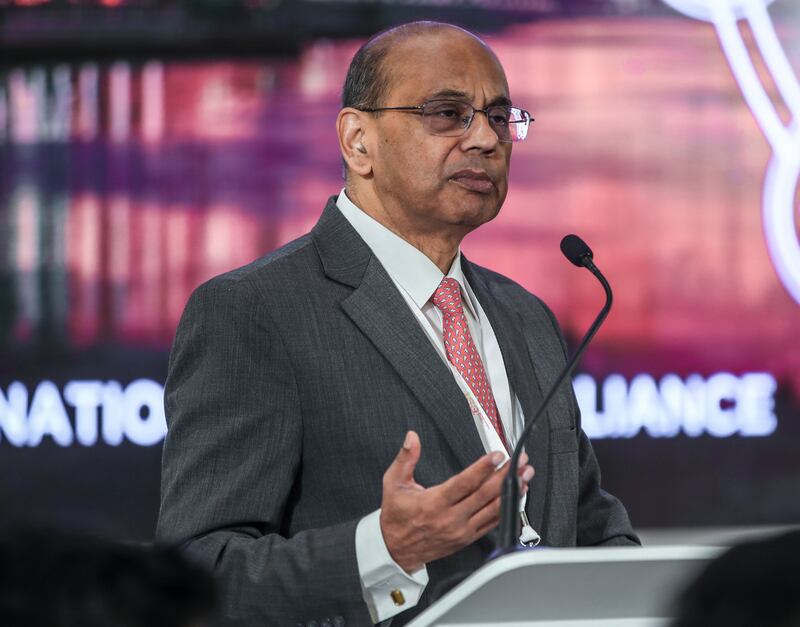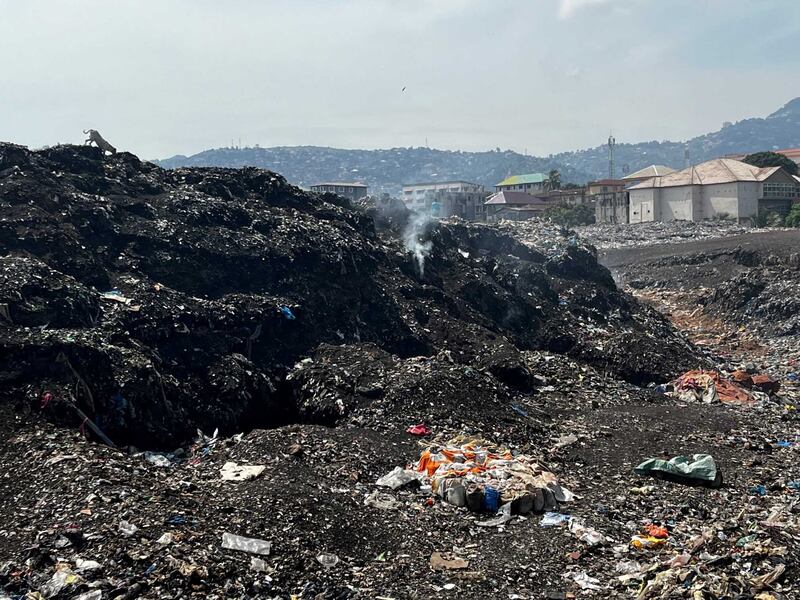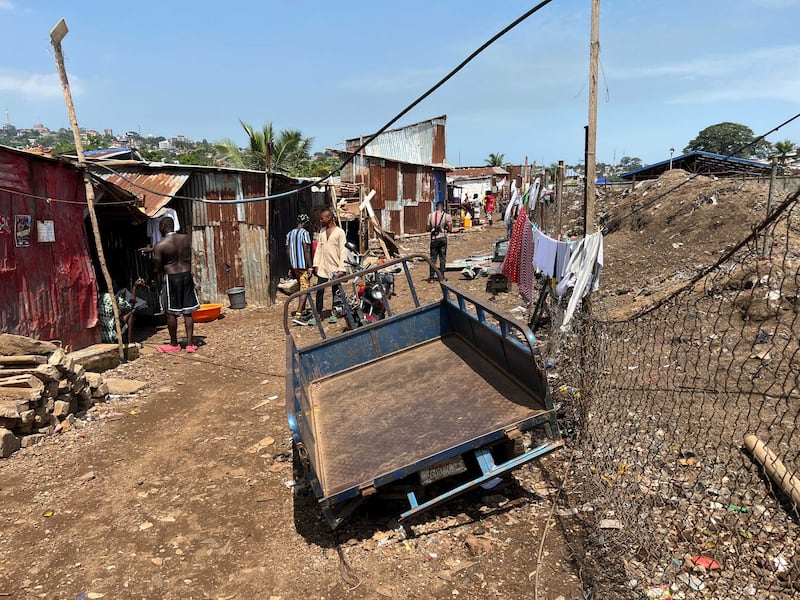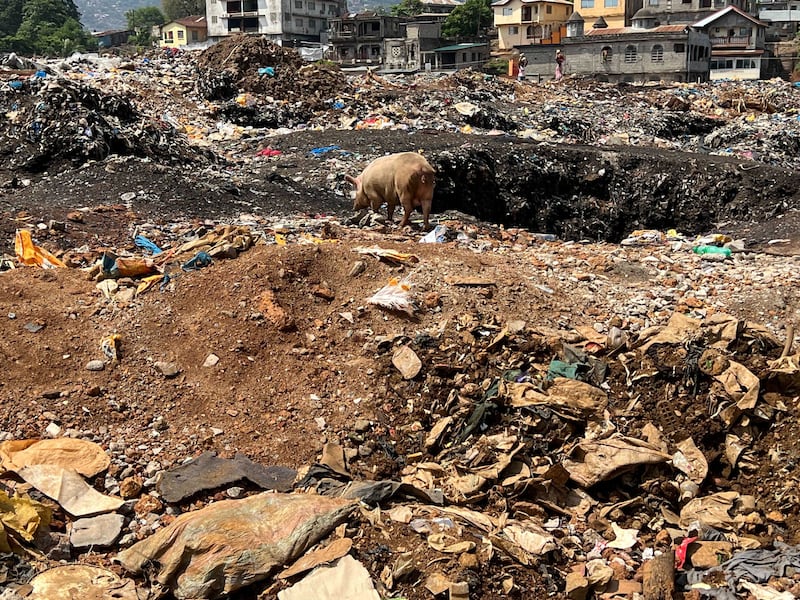The International Solar Alliance aims to raise $100 million for its solar facility, a payment guarantee mechanism to encourage investments in solar energy, according to its director general.
It is expected to boost clean energy spending in regions such as Africa, where the “perceived” risk of not getting a return on investment is high, Ajay Mathur told The National.
“In case there is a delay in payments [to the investor], it would be met by cash flow from the facility,” Mr Mathur said.
“We have got three different commitments, adding up to about $50 million, and we hope to [reach the target by the] end of October this year.”
ISA, an international government body, seeks $1 trillion to support the advancement of solar energy in generating, storage, and technology.
The treaty-based organisation, which was launched by Indian Prime Minister Narendra Modi in 2015, aims to promote solar energy in 121 countries.
The solar facility comprises investment, insurance and payment guarantees.
A “vast amount” of solar investment is occurring in China and the Organisation for Economic Co-operation and Development countries and non-developing economies, Mr Mathur said.
Solar energy generation is now on course to meet net-zero emissions targets by 2050, according to the International Energy Agency.
Solar photovoltaic generating surged by a record 270 terawatt hours last year to 1,300 terawatt hours, surpassing wind for the first time.
“We've had a lot of support for the large solar farms, but very little support for smaller solar applications [such as] solar pumps and solar-powered cold storages,” Mr Mathur said.
“We need to move money there.”
Mr Mathur also said that a large share of the manufacturing of solar equipment was concentrated in a few countries, making the industry susceptible to supply problems.
Last year, the US enacted the Inflation Reduction Act, which offers a series of tax incentives on wind, solar, hydroelectric power and other renewables, as well as a push towards electric vehicle ownership.
The REPowerEU Plan seeks to increase the share of renewables in the EU’s energy mix to 45 per cent by 2030, up from a target of 40 per cent.
India, Asia’s third-largest economy, is aiming for 500 gigawatts of renewable energy capacity by 2030, as it seeks to reduce its dependence on costly imports of polluting fossil fuels.
“If you want solar panels to compete with coal or gas-based power stations, you will need some kind of an incentive. This is what they're providing,” Mr Mathur said.
“[However], we have not seen an equivalent intervention on the side of the supply of electricity … that makes a huge difference.”
At the G20 meeting in India last week, several countries rejected a proposal to triple renewable energy capacity by 2030, according to a Reuters report.
“Those countries [that] have done a lot say, well, now we can't really think in terms of tripling [and] those who have done almost nothing are not sure whether they will be able to triple in the next decade,” Mr Mathur said.
“I think everybody agrees that renewables is the future [and] that a substantial increase in renewables is on the cards,” he said.













